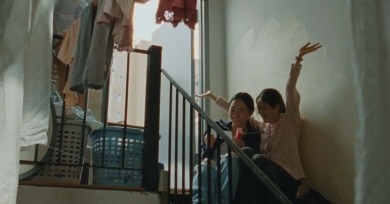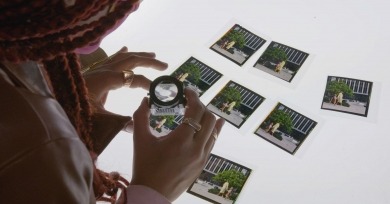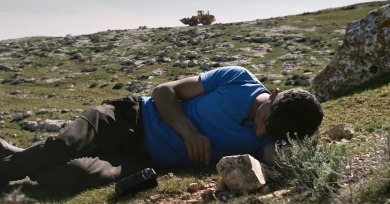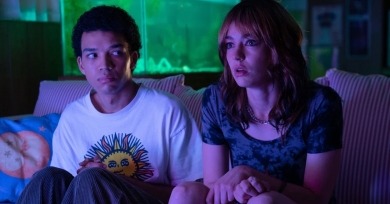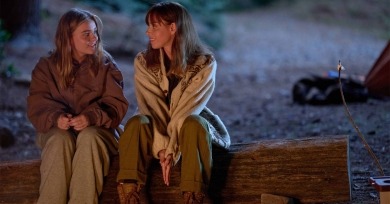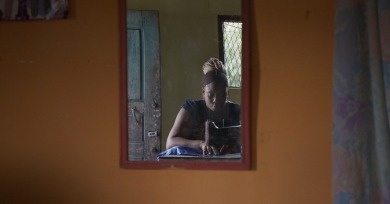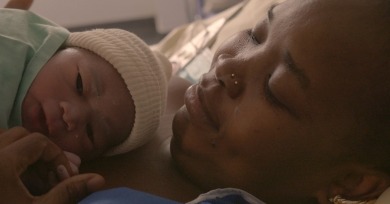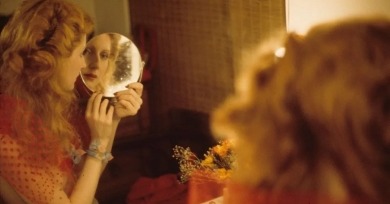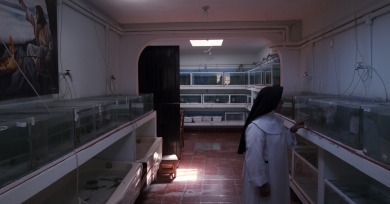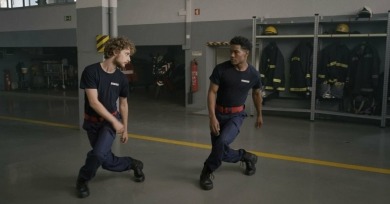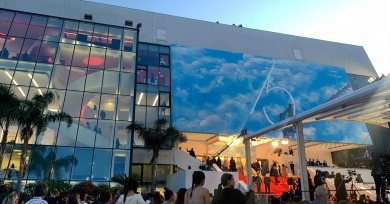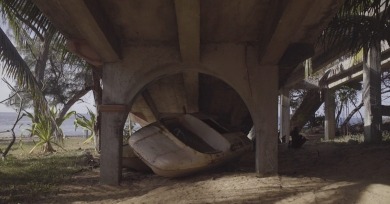Festival Dispatch
Visits to cinema showcases around the world
For the third year, Museum of the Moving Image film curators have visited the Cannes Film Festival and have engaged in a dialogue about the films on offer.
The most striking films I saw while attending the 21st edition of True/False Film Fest in the quaint college town of Columbia, Missouri, had me pondering fulfillment and disconnection in the technological age.
Threaded throughout No Other Land are scenes conveying the warm friendship between Abraham and Adra, who is initially skeptical of whether his companion’s exposés will have much effect; their chats, filmed by Szor, are oases of communion and symbolic potential in a rocky, increasingly insecure landscape.
Love Machina, Desire Lines, Sebastian, Bold Eagle, Stress Positions, I Saw the TV Glow
My Old Ass, Good One, How to Have Sex, Essex Girls, Suncoast
So often in writing on experimental cinema (to say nothing of art in general) one is confronted with polarities of intuition and concept, emotion and intellect, feeling and form. Williams’s film demonstrates that while such distinctions may be legitimate, they need not be reified into strict dualisms.
Museum of the Moving Image film curators Eric Hynes and Edo Choi continue their chat about Cannes 2023, including comments on Killers of the Flower Moon, May December, Anatomy of a Fall, The Pot au Feu, and more.
For the second year in a row, MoMI’s film curators visited the Cannes Film Festival together. Hynes and Choi pass notes in the hall between screenings, discussing the culture of and around the festival, and, yes, the occasional film.
Our Body, one of the best documentaries I have seen in years, silenced the murmur of any externalities the moment it started, maintaining its quietly firm grip on one’s attention through every startling moment of its nearly three-hour running time.
Little Richard: I Am Everything, The Disappearance of Shere Hite, Going to Mars: The Nikki Giovanni Project, The Stroll, A Still Small Voice
Featuring reviews of Gush, A Common Sequence, Last Things, All Dirt Roads Taste of Salt, and You Hurt My Feelings
Death and distance play a key role in many films nominated for the Queer Palm this year at Cannes, and many of them forgo a meaningful exploration of their characters’ desires.
This was the first year that the film curators of MoMI visited the Cannes Film Festival together. Eric Hynes and Edo Choi compare notes on the scene, the culture of the festival, the slate, and what it might mean for MoMI.
A pleasing sense of ambient drift marked a number of the landscape-focused True/False features I saw, a welcome respite from the “story” and character-obsessed rigidity that hobbles the American commercial documentary industry.
